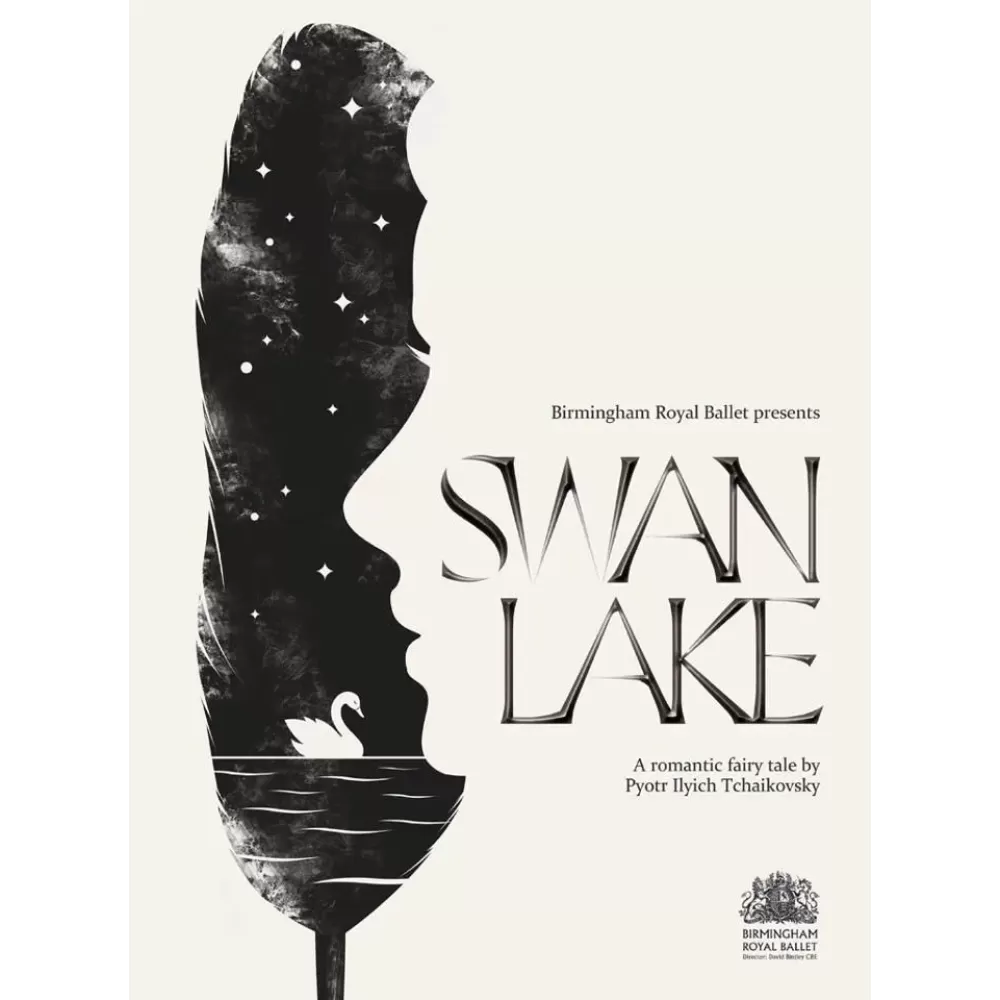Swan Lake
Act I: The Palace Courtyard (Prince Siegfried’s Birthday Celebration)
-
Prince Siegfried:
- A regal tunic with gold embroidery, paired with fitted tights. The colors often reflect his nobility, such as navy blue, burgundy, or white, with a sash to emphasize his royal status.
-
The Queen (Siegfried’s Mother):
- An opulent gown in deep jewel tones, adorned with lace, embroidery, and a crown or tiara to highlight her authority.
-
Courtiers and Guests:
- Lavish, 19th-century-inspired court attire:
- Women: Elegant ball gowns with full skirts, rich fabrics like satin or velvet, and accessories like gloves and jewelry.
- Men: Tailored tunics and tights, often with sashes or capes to complement the women’s dresses.
- Lavish, 19th-century-inspired court attire:
-
Jester (if included):
- A brightly colored, multi-patterned costume with exaggerated details such as bells, ruffles, or puffed sleeves, emphasizing a playful and comedic role.
Act II: The Lakeside (The White Swan Scene)
-
Odette (The White Swan):
- A romantic, white tutu adorned with feather-like detailing to mimic swan feathers, often enhanced with sparkling embellishments.
- A feathered tiara or headpiece completes her transformation into a swan.
-
Prince Siegfried:
- A simpler, muted tunic in light or neutral colors (e.g., white or pale blue) to complement Odette’s ethereal presence.
-
Swan Maidens (Corps de Ballet):
- Identical white romantic tutus with subtle feathered designs and matching feathered headpieces. Their costumes are designed to emphasize unity and fluidity during group choreography.
-
The Setting:
- Costumes in this act are typically soft, flowing, and delicate, aligning with the romantic and mystical tone of the lakeside scene.
Act III: The Ballroom (The Black Swan Scene)
-
Odile (The Black Swan):
- A striking black tutu with glittering embellishments, often accented with feather-like details to mirror Odette but with a darker, seductive aura.
- A black feathered tiara or headpiece enhances her dramatic appearance.
-
Prince Siegfried:
- A formal, richly decorated tunic, often in darker tones (e.g., black or deep burgundy) to reflect the grandeur of the royal ball.
-
Noble Guests:
- Elegant court attire, similar to Act I but even more opulent, with luxurious fabrics, intricate trims, and jewel tones to emphasize the celebratory atmosphere.
-
Cultural Dancers (National Dances):
- Costumes representing the nationalities featured in the ball’s divertissements:
- Spanish Dance: Flamenco-inspired red and black costumes, often with lace and fans.
- Neapolitan Dance: Colorful, Italian peasant-style outfits with vibrant sashes.
- Hungarian Dance (Czardas): Traditional Hungarian attire with bold embroidery and flowing skirts.
- Russian Dance (Trepak): Folk-inspired costumes with rich patterns and boots.
- Costumes representing the nationalities featured in the ball’s divertissements:
Act IV: The Lakeside (The Tragic Finale)
-
Odette and the Swan Maidens:
- White tutus remain the same as Act II but may be enhanced with lighting and dramatic staging to heighten the emotional intensity of the finale.
-
Prince Siegfried:
- A darker version of his Act II costume, symbolizing his remorse and determination to save Odette.
-
Rothbart (if appearing in this act):
- A dark, menacing costume, often featuring cape-like elements and feathered textures to emphasize his villainy.
Costume Summary:
- Act I: Opulent royal court attire emphasizing grandeur.
- Act II: Ethereal, feathered costumes reflecting purity and grace.
- Act III: Dark and dramatic costumes highlighting seduction and cultural diversity.
- Act IV: Unified, haunting swan costumes and dark tones for the tragic resolution.

